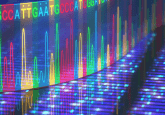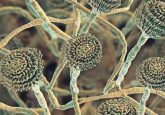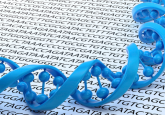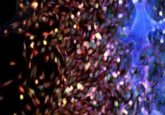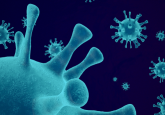Harnessing NGS to prevent HIV drug resistance
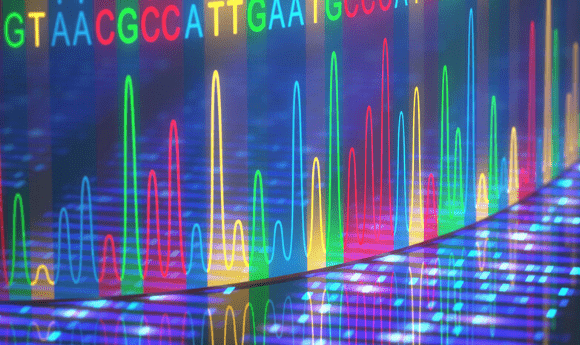
An in vitro NGS assay for robust detection of HIV-1 drug resistance mutations has been granted FDA authorization.
HIV drug resistance is rising both in developed and developing countries. With 1.1 million currently infected and 40,000 newly infected patients a year in the USA alone, there are ongoing efforts to stem it – for example, the WHO began a 5-year global action plan in 2017.
These efforts extend to the laboratory, and now the Sentosa® SQ HIV-1 Genotyping Assay, developed by Vela Diagnostics (NJ, USA), has been approved in the USA. The assay uses plasma from those infected with HIV-1 to detect mutations in the protease, reverse transcriptase and integrase regions of the POL gene. It is the first commercially available NGS assay to receive marketing authorization from the US FDA (MD, USA), and is intended to help physicians treat and monitor HIV, thus attempting to reduce this rise of resistance.
- Is there a cure for HIV on the horizon?
- RNA Sequencing; as accurate as once believed?
- Hesaam Esfandyarpour and Chris Barbazette on the GenapSys™ revolution
Speaking to BioTechniques, Tim Baxter, Executive Vice President of Vela Diagnostics, explained that the test improves on current gold standards as it covers all three genes in one test and provides results immediately; the current standard test covers only reverse transcriptase and protease. What’s more, the new test provides a shorter hands-on time of less than 2 hours, and a turnaround time of around 2 days. The improved sensitivity and decreased labor requirements of the new assay also reduce likelihood of errors.
“It’s all about being able to offer a quicker turnaround, better data, better efficiency and better reach, so the disease can be better managed and controlled,” explained Sam Dajani, CEO of Vela Diagnostics.
In addition to now being able to apply the assay in the USA, it is also approved in Europe, Australia and Thailand. Vela Diagnostics is cooperating with various non-profits to help achieve access to the assay in developing countries.

